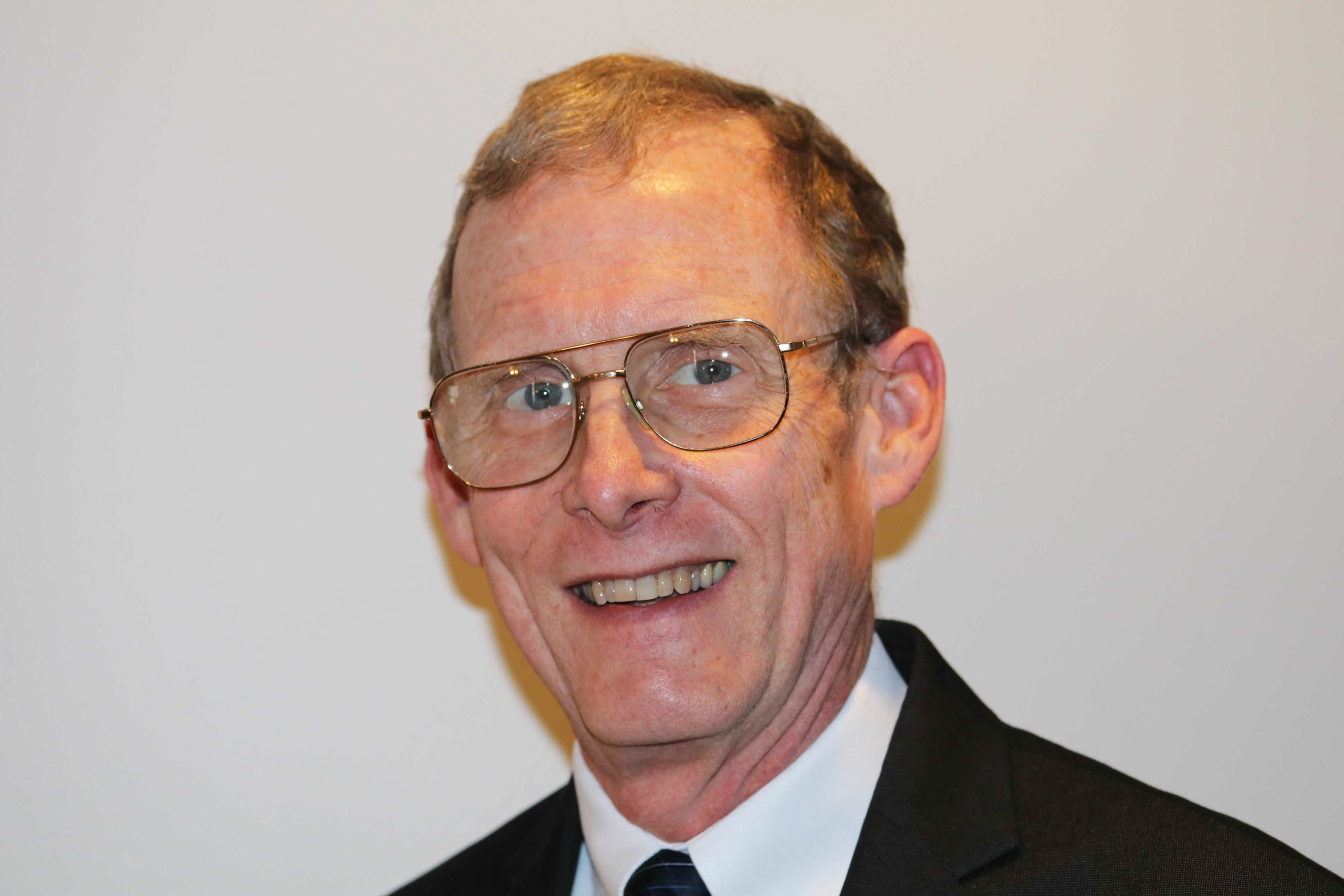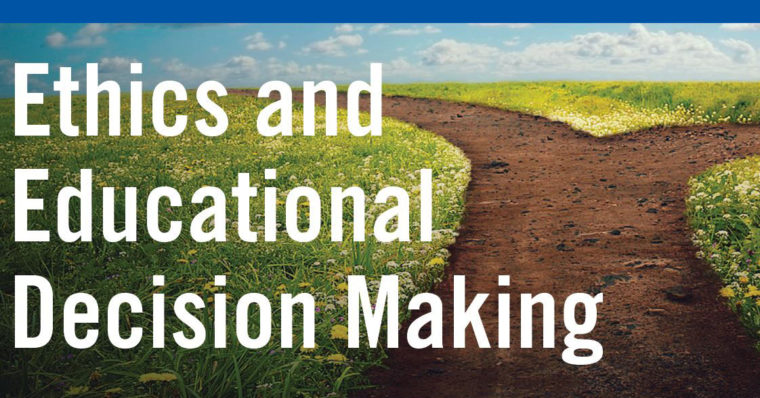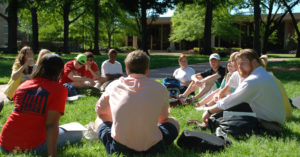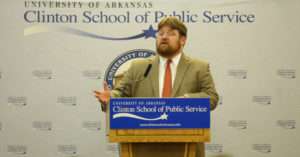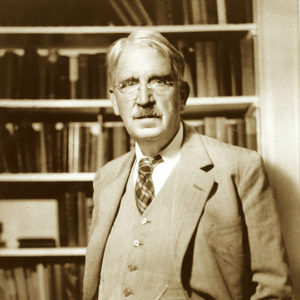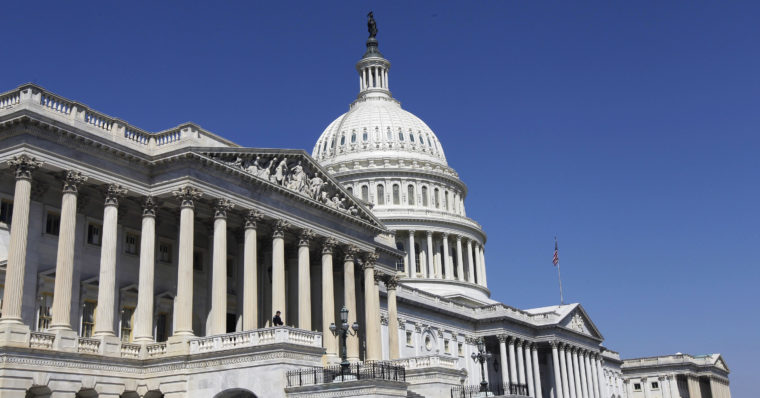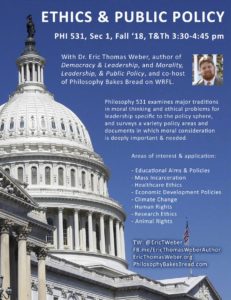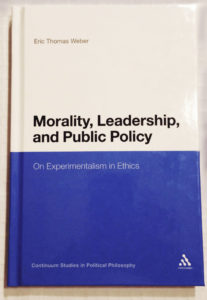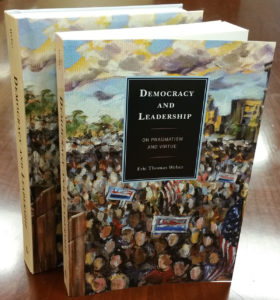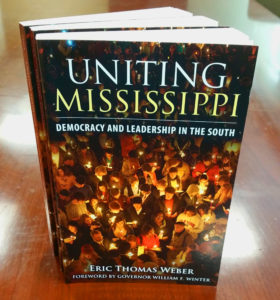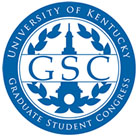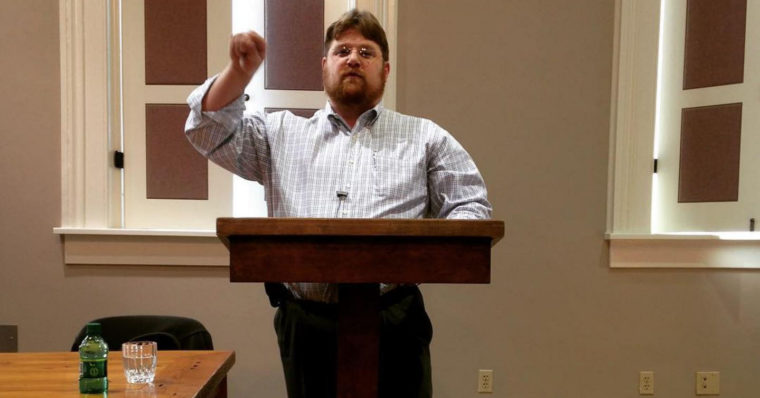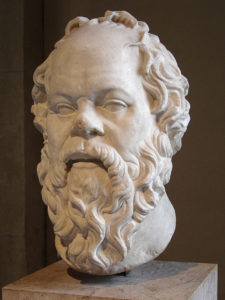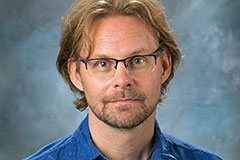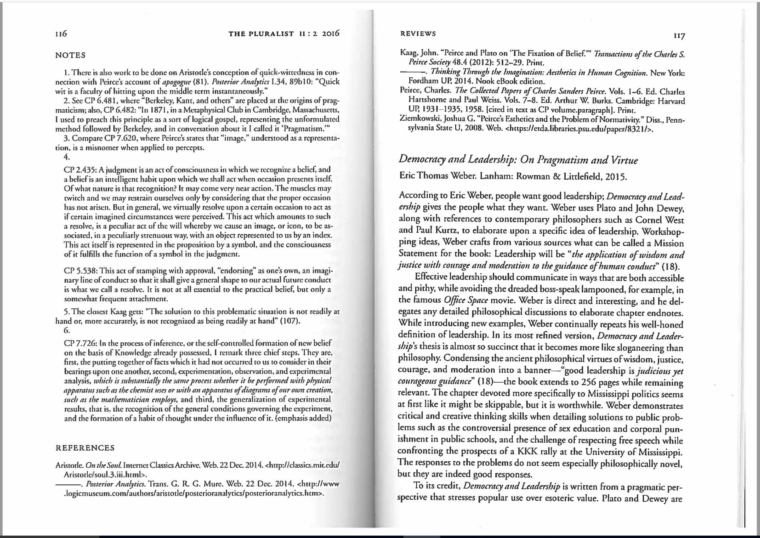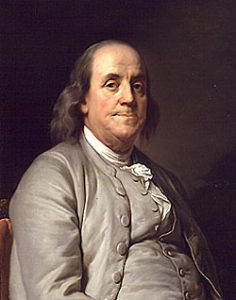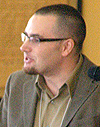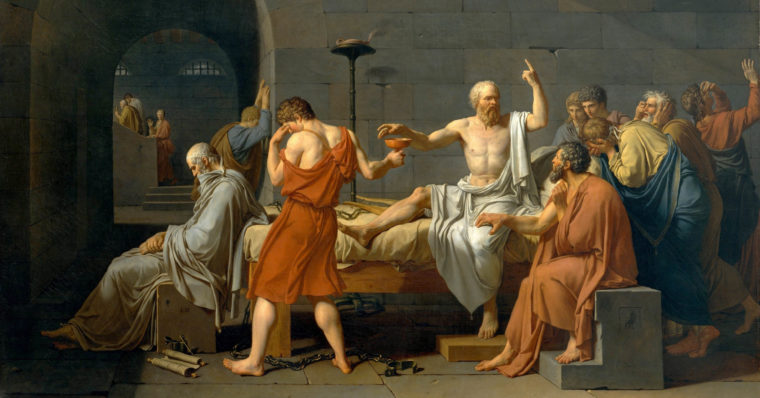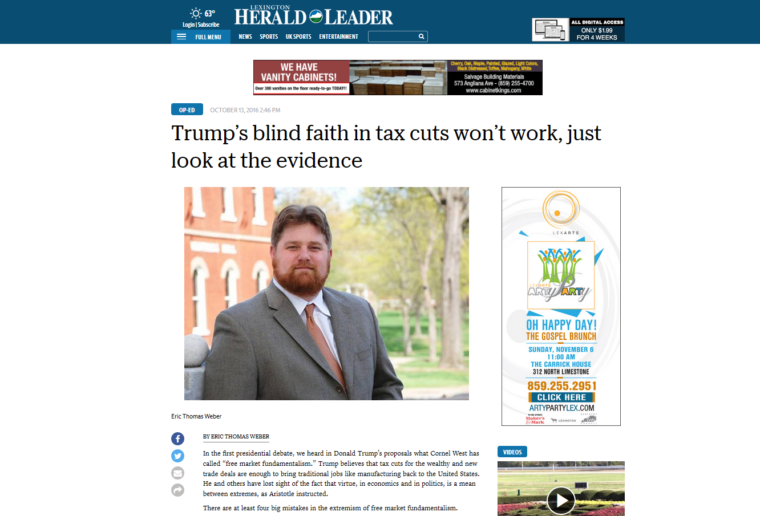The 21-page report, Leaders or Leaderfulness? Lessons from High-Achieving Communities (2016), was written by David Mathews and supported by the Cousins Research Group of the Kettering Foundation.
The report discusses how communities become stronger and more resilient through more “leaderfulness” of its community members, as opposed to having just a few of active leaders. What Mathews means by “leaderfulness”, is that people are engaged within a community and show leaderfulness by taking initiative to participate. Through years of research, Kettering has found that the serious problems that face a community require active participation from the people within it. There is a largely untapped civic energy in this country, this report shares information on how community members can be more leaderful and what that can look like.
Below is an excerpt of the report and it can be found in full at the bottom of this page or on Kettering Foundation’s site here.
From the guide…
There is a widely held belief that change only occurs when a few courageous leaders step forward to take charge and overcome entrenched power. History is full of examples of great leaders who have been agents of change: Susan B. Anthony, Martin Luther King Jr., Abraham Lincoln, George Washington. You can complete the list. Could “just citizens” working with just citizens ever change anything?
Kettering began to think about this question as a result of a study of two communities that, although similar, were quite different in what they achieved.3 However, the more dysfunctional of the two actually had the best leaders, as leadership is traditionally understood. They were well educated, well connected, professionally successful, and civically responsible. Yet what stood out in the higher-achieving community was not so much the characteristics of the leaders as their number, their location and, most of all, the way they interacted with other citizens. The higher-achieving community had 10 times more people providing initiative than communities of comparable size. The community was “leaderful.” And its leaders functioned not as gatekeepers but as door openers, bent on widening participation.
Beginning Where We Live
Because we are facing an array of daunting domestic problems and a morass of international uncertainties, many Americans think we need to make basic changes in the way the country operates. We believe that the chances for change are best beginning at the local level, in communities where we can get our hands on problems. Change has to start there before it can take place nationwide. At the same time, we are deeply worried about what is happening to our sense of community, to our ability to live and work together. As Benjamin Barber put it, we worry that “beneath the corruptions associated with alcohol and drugs, complacency and indifference, discrimination and bigotry, and violence and fractiousness—is a sickness of community: its corruption, its rupturing, its fragmentation, its breakdown; finally, its vanishing and its absence.”
Calls for reform come from every quarter and touch every facet of American life—ranging from the way we organize our businesses to the way we raise our children. People say they want more than a few improvements; they want to change the “systems” that seem to control their lives—the criminal justice system, the welfare system, and, most of all, the political system. Some also want to change their community in fundamental ways—in the ways people work, or often don’t work, together.
When I say “community,” I don’t mean just a place or a collection of individuals; I mean a group of diverse people joined in a variety of ways to improve their common well being. And by change, I mean the process by which people redirect their talents and energies or reorder their relationships so as to realize their vision of the best community. So community change means a change in a community itself, and only a community can do that. For me to change myself—my weight or habits or ways of relating to others—I have to do something. The change has to come from within. So when a community wants to change itself—to be more of what it would like to be—the same principle holds. For there to be fundamental change, the citizens in a community have to act. Large groups of people can’t sit on the sidelines.
How Communities Can Become Leaderful
Leaderful communities are necessary because change is a journey of the many steps it takes to move a community from one place to another. Anyone who takes any one of those steps has provided leadership. This kind of leadership isn’t the prerogative of a few; it’s the responsibility of the many. When citizens talk about the quality of leadership in their community, they are talking about themselves! If we are talking about change by and not simply in a community, then leadership consists of all the activities needed to bring about change. And there are many of them. Think about all of the things that have to be done to change something relatively simple— like remodeling an old house. Someone has to file a building permit, someone has to design the remodeled structure, someone has to tear out the old walls, someone has to order new materials, someone has to do the carpentry, someone has to add electricity and water, someone has to repaint—and so on. The interaction of the workers is as crucial as what each one of them does individually. The walls have to be in place before the painters can do their job. Remodeling is a dynamic process of interaction. The same is true in communities. They aren’t static but rather dynamic, and their patterns of interaction are critical. For a community to change, even more people have to be involved in even more tasks than in remodeling a house.
What I have just described is a functional concept of leadership, which is quite different from the theory of leadership that is built around what one person—the leader—does. From the perspective I am talking about, leadership is provided by anyone who carries out any of the tasks in the work of change. This kind of leadership passes to different people at different times. There are many leaders.
This leaderfulness can develop around the ways a community goes about doing its routine business; that is, around the various tasks that make up the work of a community, these are the equivalents of the tasks for remodeling a house. Here are some of them…
This is an excerpt of the report, download the full guide at the bottom of this page to learn more.
About Kettering Foundation
 The Kettering Foundation is a nonprofit operating foundation rooted in the American tradition of cooperative research. Kettering’s primary research question is, what does it take to make democracy work as it should? Kettering’s research is distinctive because it is conducted from the perspective of citizens and focuses on what people can do collectively to address problems affecting their lives, their communities, and their nation.
The Kettering Foundation is a nonprofit operating foundation rooted in the American tradition of cooperative research. Kettering’s primary research question is, what does it take to make democracy work as it should? Kettering’s research is distinctive because it is conducted from the perspective of citizens and focuses on what people can do collectively to address problems affecting their lives, their communities, and their nation.
Follow on Twitter:
Resource Link: www.kettering.org/catalog/product/leaders-or-leaderfulness


